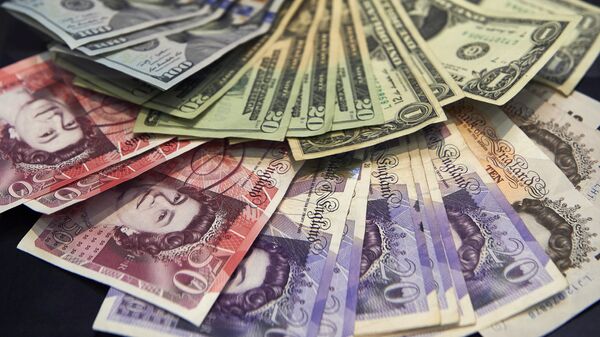Russia’s Ministry of Finance is set to minimise foreign currency purchases in March, reaching the level registered when the new budget rule came into force - the beginning of 2018. As much as 133.3 billion roubles (roughly $2 billion) is earmarked for meeting the goal, the ministry said in a statement.
The measures will be in effect from 6 March to 6 April, with a daily purchase amounting to 6.3 billion roubles ($95 million). The move was approved based on estimates of projected additional oil and gas revenues into the federal budget that will reportedly amount to only 172.1 billion roubles ($2.6 billion).
In January, Russia’s foreign currency purchases stood at 309.9 billion roubles ($4.7 billion), further showing a downward trend with 214.2 billion roubles ($3.2 billion) registered in February.
The previous minimal mark dates back to September 2019, when purchases amounted to 187.1 billion roubles ($2.8 billion), whereas in November 2018 they reached a maximum 525.8 billion roubles ($7.9 billion).
Additional oil and gas revenues are estimated based on the market price surpassing the cut-off price tag, which is $42.4 per barrel. In February, the average price of Russian export oil Urals stood at $54.2, but later that month temporarily dipped to $47 per barrel.
Oil prices have, meanwhile, been dropping steadily amid the spread of the novel coronavirus that has already been registered across more than 70 countries, including China, where the COVID-19 originated late last year.
Brent oil prices had seen a 20 percent decline until last week, when prices slightly recovered as traders turned more bullish amid positive predictions that the virus, which has infected 95,000 globally, killing over 3,200 (the lion’s share of them elderly people in mainland China), would soon stop travelling the world.
The prognosis is largely based on the rising percentage of those successfully treated for coronavirus, which for the time being is over 97 percent, along with WHO and governments coming up with effective protocols to halt flare-ups of the infection.


